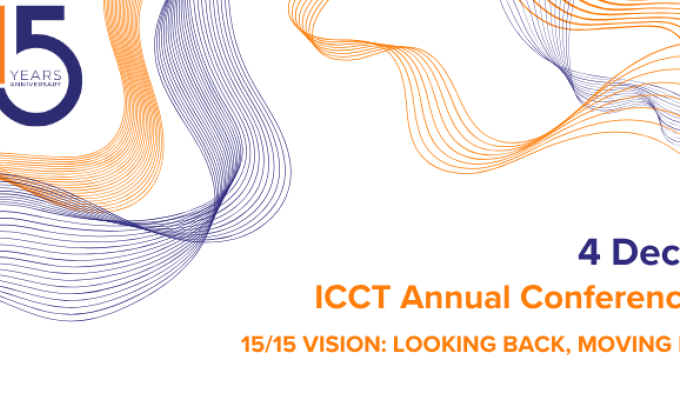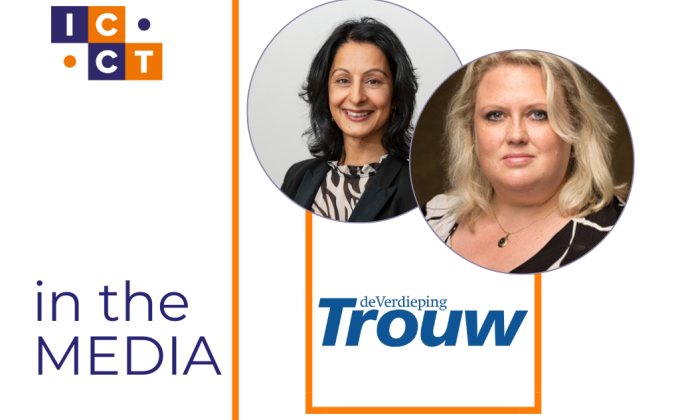The EU is spending hundreds of millions of euros annually in Africa on countering terrorism and preventing violent extremism projects, but is that funding allocated appropriately or even the right kind of support? Evidence from the field suggests it is not. The problem is that while EU aid can improve the capacity of regional and local security services combating terrorist groups as well as other bodies and non-governmental groups countering radicalisation, often it has failed to generate the local political will to reform dysfunctional and corrupt administrations that undermine these programs (and drive support for extremist groups and their ideology). We fail to appreciate that many elites in fragile countries benefit from the status quo and resist any change that could jeopardise their position, actively undermining donor efforts to promote good governance. Unless the EU becomes more adept at understanding local political dynamics, as well as employing carrots and sticks, to mitigate these spoilers, its expensive technical assistance and training programmes may have only temporary and limited impact.
For more than a decade, the EU has supported various counter-terrorism efforts in Africa. The bulk of the support, at the request of African partners, has gone to large, and expensive, regional “peace enforcement” missions fighting armed extremist groups, such as Al-Shabaab, in Somalia, and Boko Haram, in the Lake Chad basin. Most of the rest has gone to much smaller technical support and capacity building programmes. For example, in 2016, the EU allocated more than 200 million euros to the African Union Mission in Somalia (AMISOM) and some 30 million to “State building and peace building”. In addition, the EU spent about 20 million on both the European Training Mission in Somalia (EUTM, training Somali troops) and the EU Capacity Building Mission in Somalia (training a coast guard). In total, the EU has contributed 1.3 billion euros to AMISOM since 2007.
On its face, the focus on security first makes sense. The intuition is that a government that is constantly concerned about security does not have the bandwidth to build its capacity and expand services. In Somalia, AMISOM would provide the “space” for the government to stand up and slowly expand its administrative footprint. At first AMISOM’s mandate was simply to protect the fledgling government, confined at the time to a small part of Mogadishu, Somalia’s capital. Several years later, the mission adopted a more aggressive peace enforcement posture. The now 22,000 troops slowly, and with many casualties, pushed Al-Shabaab out of Mogadishu and other urban areas. The plan was then for the Somali government and its security forces to secure and stabilise liberated areas. But despite much direct bilateral support and multiple military training missions, including a total of 5,000 troops trained by the EUTM, it has not been up to the task – most observers fear Al-Shabaab would take back most, if not all, its lost territory were AMISOM to leave abruptly.
The problem is that most Somali leaders, protected by donor-supported regional forces, have little incentive to spend the money or political capital to professionalise the security forces, particularly when they cannot be sure these forces will not be used by their rivals to deny them their “share” of the spoils of government. Corruption is rife, and most Somalia soldiers are rarely, if ever, paid and frequently resort to extortion. Needless to say, this does not endear them to the local population.
Similar dynamics apply to other branches of the Somali government. Short-sighted, corrupt officials are thus hobbling efforts to defeat Al-Shabaab and undermining EU and other donors’ efforts to erode support for the group. Poor governance, economic mismanagement and widespread corruption are some of the grievances cited by Al-Shabaab to justify its insurgency.
Some European officials recognise this challenge. The first EU Counter-Terrorism Strategy (2005) notes “we must promote even more vigorously good governance, human rights, democracy as well as education and economic prosperity, and engage in conflict resolution”. Similar language can be found in all subsequent EU strategies to counter radicalisation, including those on the Horn of Africa. Policies to advance good governance, however, have largely focused on technical projects to improve the democratic process and individual ministry’s capacities, which is important but insufficient. (The EU is also helpfully funding the long-stalled constitutional review process.) To be truly effective, the EU should use its potentially extensive leverage – it and its member states combined are by far the largest donors to the country – to nudge political leaders to govern well, respect the rules and move toward more inclusive and representative politics.
None of the EU’s programmes are sustainable unless the Somali government, and its federal member states, are truly committed to govern relatively inclusively and begin to tackle the pernicious corruption and clientalism that has undermined all efforts to rebuild an effective state. This is possible. To the north, in Somaliland, which is seeking independence, and to a lesser degree in Puntland, a semi-autonomous federal member state, the local governments developed, with far less external support, administrations seen as relatively legitimate by most of the population that have been able to largely contain Al-Shabaab. (Although this is recently also being undermined by growing political corruption and divisions.) They have been able to do so, because their political leaders appreciate that peace requires compromise and adherence to rules (both written and informal) about the distribution of power and resources among different communities. Commitment to these “institutions” (stable, valued, recurring patterns of behaviour) is a critical safeguard against radical groups, which emerge from and are sustained by communities marginalised and aggrieved by short-sighted politicians.
While the EU and other external actors cannot prevent the election of corrupt and self-serving politicians, they can develop the right incentives and demand the appropriate checks and balances to limit these impulses. To do so, senior officials, particularly the EU Special Envoy for the Horn of Africa, the EU heads of missions and member states ambassadors need to engage more politically with Somalia’s leaders and communicate consistently that good governance is a priority – because only through that can progress to defeat Al-Shabaab be sustained. This will be difficult given Europe’s still fragmented foreign policy mechanisms, as well as the tendency of DEVCO and other development agencies to not want to condition aid, but will be necessary if the EU’s multi-billion-euro investment in Somalia is not squandered.
Photo Credit: AMISOM Photo / Tobin Jones







